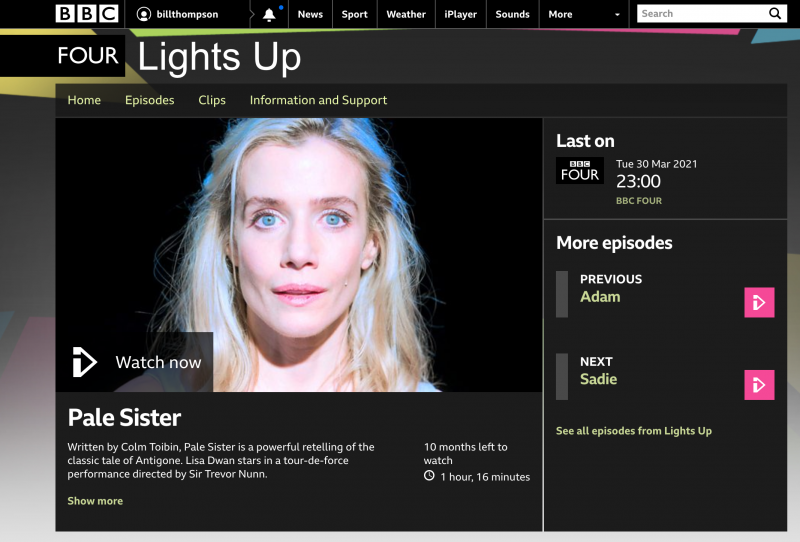It’s Bob Dylan’s birthday, and I wanted to listen to some of his music but my music collection is a mess and I don’t even know where the external CD drive is, so I headed online and found Love and Theft and went straight to my favourite song from the album, Sugar Baby, which is a song of loss and lack of redemption and sorrow and sadness and just keeping going.
One day you'll open up your eyes and you'll see where we are
Some of those memories / you can learn to live with / and some of them you can't
It’s Idiot Wind, from an old man
I remember hearing it for the first time and feeling so strongly that it was a song from someone at or near the end. Every day for months after I expected to hear the news that Dylan had died.
He hasn’t (at the time of writing). I even saw him play Hyde Park in summer 2019, and today he is eighty and it feels like the whole internet and most of the BBC 6 Music is reflecting on his life in song.
Continue reading

